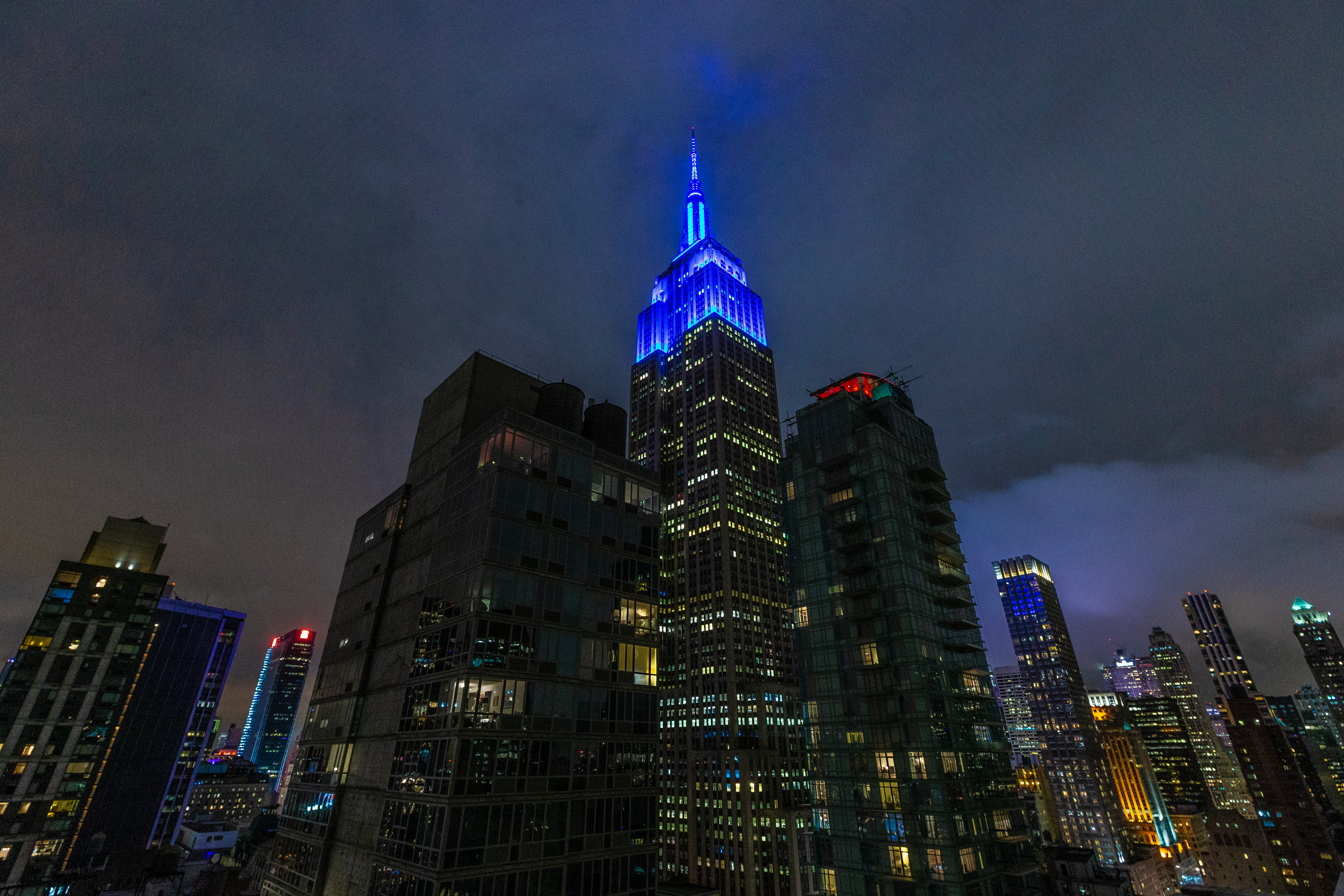On November 23, 1963, the day after John F. Kennedy’s assassination, Fidel Castro gave a talk on Cuban radio and television.[1] He pulled together, as well as he could in the amount of time available to him, the evidence he had gathered from news media and other sources, and he reflected on this evidence.
The questions he posed were well chosen: they could serve as a template for those confronting complex acts of political violence. Were there contradictions and absurdities in the story being promoted in the U.S. media? Who benefitted from the assassination? Were intelligence agencies claiming to know more than they could legitimately know? Was there evidence of foreknowledge of the murder? What was the main ideological clash in powerful U.S. circles and how did Kennedy fit in? Was there a faction that had the capacity and willingness to carry out such an act? And so on. But beneath the questions lay a central, unspoken fact: Castro was able to imagine—as a real possibility and not as mere fantasy—that the story being promoted by the U.S. government and media was radically false.
He was able to conceive of the possibility that the killing had not been carried out by a lone gunman on the left sympathetic to Cuba and the Soviet Union, but by powerful, ultra-right forces, including forces internal to the state, in the United States. Because his conceptual framework did not exclude this hypothesis he was able to examine the evidence that favoured it. He was able to recognize the links between those wishing to overthrow the Cuban government and take more aggressive action toward the Soviet Union and those wishing to get Kennedy out of the way.
In the immediate wake of the assassination, and after the Warren Commission’s report appeared in 1964, few among the elite left leadership in the U.S. shared Castro’s imagination. Vincent Salandria, one of key researchers and dissidents, said: “I have experienced from the beginning that the left was most unreceptive to my conception of the assassination.”[2]
I.F. Stone, a pillar of the American left leadership, praised the Warren Commission and consigned critics who accused the Commission of a cover-up to “the booby hatch.”[3] The contrast with Castro is sharp. Speaking well before the Warren Commission’s emergence, Castro mocked the narrative it would later endorse. Several other prominent left intellectuals agreed with I. F. Stone, and declined to criticize the Warren Commission’s report.[4]





 Warner Bros Discovery is poised to tell shareholders to reject Paramount’s $108bn (£81bn) hostile bid, according...
Warner Bros Discovery is poised to tell shareholders to reject Paramount’s $108bn (£81bn) hostile bid, according... Twenty-four years after Sept. 11, 2001, Americans remember the nearly 3,000 lives in the terror attacks...
Twenty-four years after Sept. 11, 2001, Americans remember the nearly 3,000 lives in the terror attacks...






























